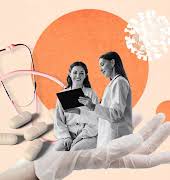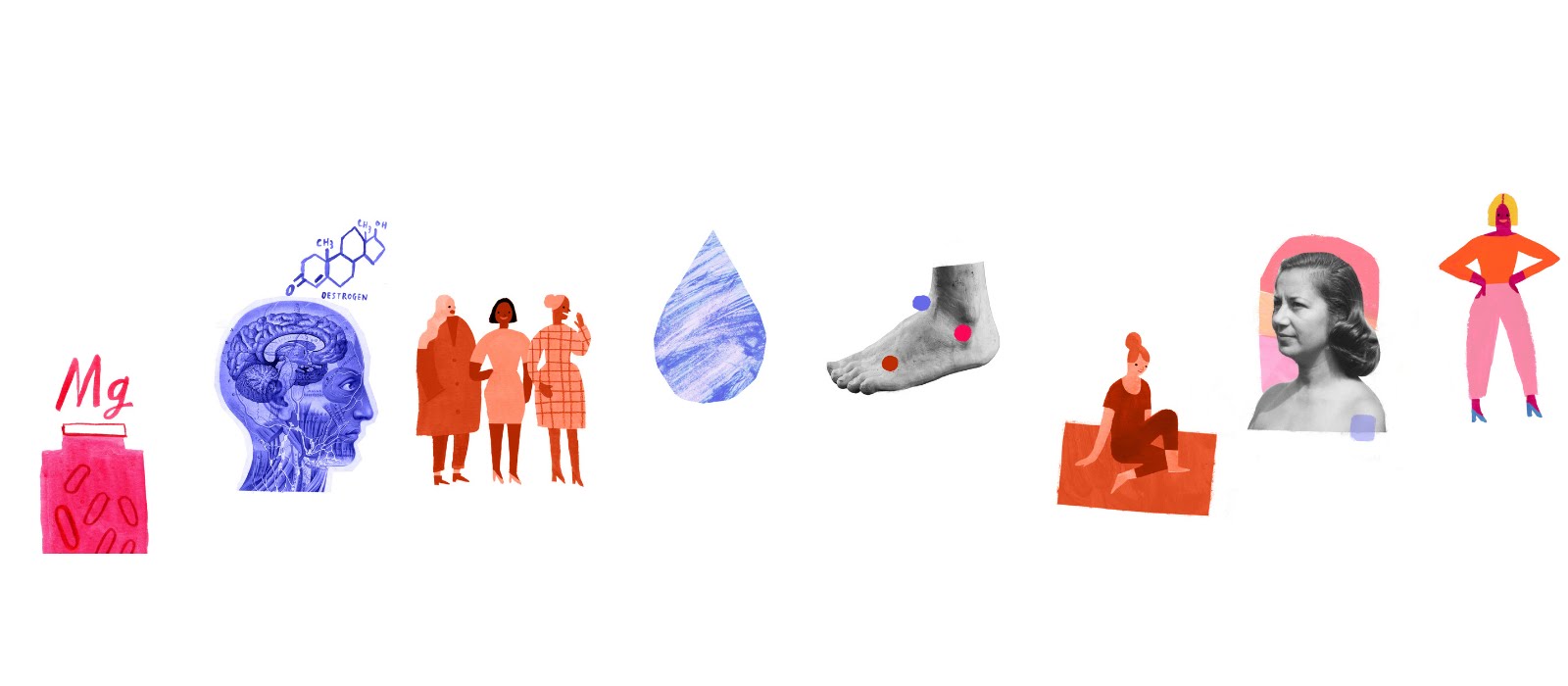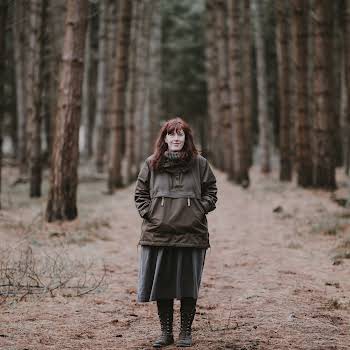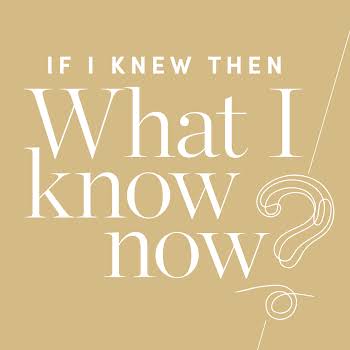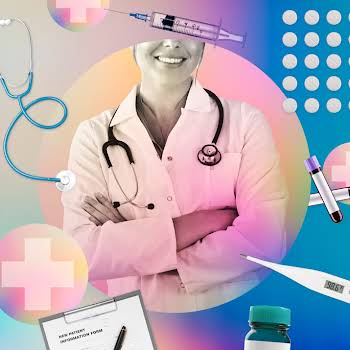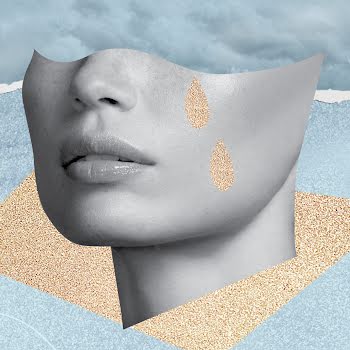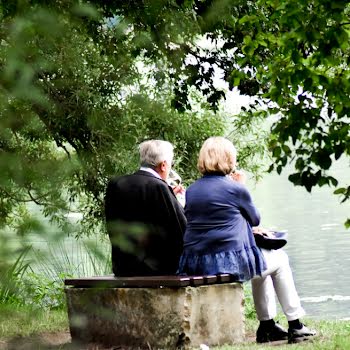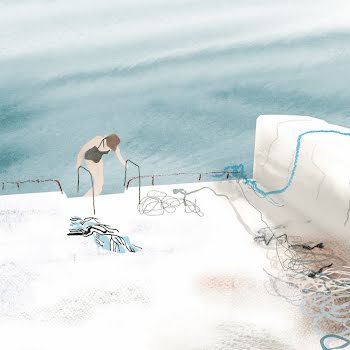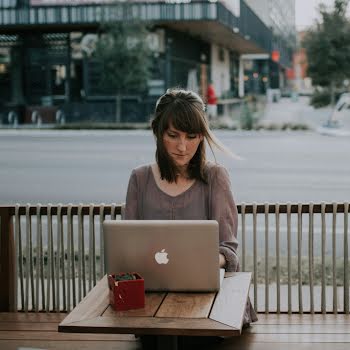Across the country, women are navigating a wide range of menopausal symptoms – with little or no support. We call in the experts, and ask, what do women need to know to get through this life stage?
The menopause is one of the biggest events in any woman’s life and yet it is also one of the least talked about.
Most women cope with this confusing rite of passage by keeping quiet or making a joke of it. It doesn’t help, of course, that it occurs at one of the busiest stretches of a woman’s life. According to Annemarie Byrne, a nutritional therapist and coach, “Most of the women who come to me have the foot on the pedal. They have young kids, a career, ageing parents who need care. Stress levels are high. They are slow to realise they are in this period of change because they are last on their own list.”
Loretta Dignam is the founder of The Menopause Hub, a clinic for women going through the menopause that offers, among other things, GP assessments, nutritional guidance, physio and acupuncture. “I give menopause education and awareness training in the workplace and when I present the 40-odd symptoms women can get during the menopause, I see women connect the dots often for the first time. Because most know about hot sweats and loss of periods, but how many of us know about anxiety, panic attacks, joint pain, brain fog and memory loss? They are hugely relieved when they understand what’s going on because many of them thought they were going mad.”
Why do we know so little? “We are simply not educated about it,” says sexologist Emily Power Smith. “It should be taught in schools. This is a huge event in a woman’s life. It’s also inevitable. It will happen to you. Why don’t we know more?” In her experience, women don’t seek help until the symptoms have become overwhelming. This is why Annemarie likes to catch women in their late thirties. “Catch them later, and they tell me they don’t have time for self-care. And then I have to tell them that getting out of the downward spiral is going to take a lot more time than the self-care ever would have done.”
But attitudes are changing. In 2020, Vodafone announced its own employee commitment on the menopause, providing awareness training, sick leave and flexible hours. And there was the Joe Duffy show. Since it covered the menopause over five days last May, menopause clinics and mentors around the country found themselves inundated with calls. And last September 25th saw The Menopause Success Summit, a live online event featuring some of the top menopause experts (menopausesuccesssummit.com).
So what do you need to know? “Don’t suffer in silence,” says Loretta. “Get the right help from the right people.” With this in mind, we’ve assembled some of Ireland’s leading voices – meet Emily Power Smith, who says to;
Love yourself
By Emily Power Smith, a sexologist who practices in Dublin (empowersme.com).
“For me, getting through the menopause is a four-step process:
1 Educate.
Listen to the Wellness Warrior (wellnesswarrior.ie). Read Your Middle Years by Paula Mee and Kate O’Brien.
2 Lubricate.
Vaginal dryness is a big problem. Vaginal atrophy, when the vaginal walls fuse together, does happen. Get an organic lube. Use it for any touch – the vulva is more sensitive at this time. Try vaginal moisturisers and topical oestrogens. They are safe to use.
3 Masturbate.
Learn how to love yourself. Having a space where you can relax and not worry about giving someone else pleasure or achieving a goal is really useful to a woman.
4 Communicate.
A lot of women struggle with telling men what hurts and what works. They are trying to protect their partner’s ego and placing that over their pleasure. But the menopause can be a rollercoaster and your partner needs to know that. Educate your children too. Everyone can recover from a mood swing if they know what it is and understand it’s not personal.
A lot of my work is around self-acceptance. The focus is on imperfect bodies, imperfect sexuality. It’s easy for women to have unrealistic expectations for themselves at this time. I find some women either shut down sexually or force themselves to be as they have always been. It’s impossible to be the sexual person they were and it’s about learning how to have meaningful sexual encounters as they are now. I tell women that their partners are having sex with the whole of them, not just a flat tummy or a pert bottom.”
For more from Ireland’s leading experts on mastering menopause, see Sallyanne Brady on finding a community of support here, see Loretta Dignam, founder of The Menopause Hub on speaking out here, Annemarie Byrne, nutritional therapist and coach on nourishing yourself here, gynaecologist and women’s health doctor Dr Shayi Dezayi on seeking an expert medical opinion here, stylist and personal shopper Michelle Kilroy on feeling confident here, Dr Nina Bing Liu of AcuPlus on rebalancing here, physiotherapist Christine Gioia on getting moving here or see the full series here.
Illustration by Anne O’Hara. This article originally appeared in the Autumn 2021 issue of IMAGE Magazine.








